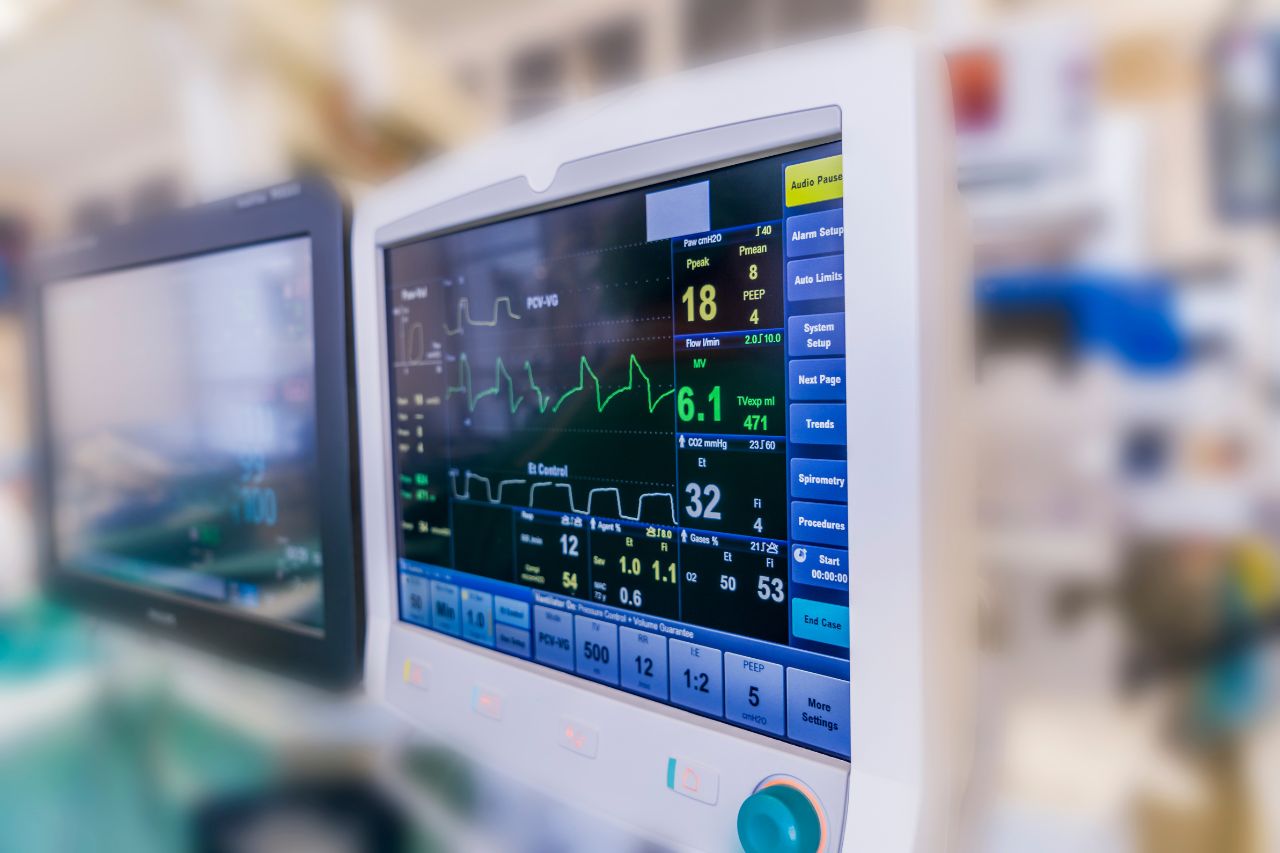Dopamine: What It Is & How to Increase It

Dopamine is a neurotransmitter that plays an important role in mood, motivation and other functions. Increased dopamine can create improvements in those areas. This article looks at dopamine management strategies.
What Are Dopamine Levels?
Dopamine levels refer to the amount of dopamine present in the brain. Dopamine imbalances can lead to various problems, so knowing how to increase it is helpful.
Why Is Dopamine Important?
Dopamine is a neurotransmitter — a chemical that transmits messages — produced in the brain and other parts of the body. Sometimes referred to as the “feel-good neurotransmitter,” it plays an important role in the pleasure/reward system that motivates people to repeat certain behaviors. It’s also involved in memory, attention, and controlling physical movement.
Consequently, dopamine is essential for overall mental and physical well-being. Typically, the body does a good job of regulating its dopamine level. However, there are actions you can take to boost your dopamine levels.
What Causes Low Dopamine Levels?
Various conditions and some medications can cause low dopamine levels (also called dopamine deficiency). For example, an injury to the part of the brain that makes dopamine can cause a deficiency.
You may also experience the symptoms of low dopamine if your body doesn’t respond appropriately to it, such as when there are specific problems with nerve cells. Low dopamine is also associated with conditions like Parkinson’s disease and cocaine addiction, as well as some antipsychotic drugs.
How to Know if You Have Low Dopamine Levels?
There are several, including these:
- Lack of energy or motivation
- Tiredness
- Feeling anxious or depressed
- Sleep difficulties
- Low sex drive
- Moodiness, anger, and low self-esteem
- Inability to concentrate
- Problems with short-term memory
- Loss of interest in or pleasure from activities
- Tremors in the hands or elsewhere
- Muscle stiffness or cramping
- Digestive issues, including constipation
The good news is that there are steps you can take to increase your dopamine levels.
How Can I Increase My Dopamine Levels Quickly?
If you experience the symptoms above, you may wonder about what stimulates dopamine levels or ways to increase dopamine. These nine tips can help you produce more dopamine naturally.
Knowing what triggers dopamine release and stimulates dopamine production empowers you to raise your dopamine levels and feel more energized and engaged.
1. Exercise Regularly
Physical activity is known to improve mood. While that improvement isn’t entirely due to dopamine, animal studies suggest that exercise can increase dopamine levels in the brain, and some human studies have found similar results. Plus, as everyone knows, regular exercise provides many other benefits.
Research on activities that release dopamine continues. Findings include that regular exercise enhances the brain’s reward system, adding more dopamine receptors.
2. Eat Dopamine-Boosting Foods
What foods increase dopamine? One of the most important is protein. Protein is made up of amino acids, one of which is called tyrosine. It’s vital in the production of dopamine.
Eating a balanced diet with plenty of protein from foods like turkey, eggs, beef, legumes, soy and low-fat dairy helps ensure your body has what it needs to maintain the proper dopamine levels.
Pumpkin and sesame seeds, bananas and avocados are also natural dopamine boosters. Plus, these foods are also good for your overall health when consumed in moderation.
3. Reduce Saturated Fat Consumption
It’s believed that high levels of saturated fat in the body from certain foods can disrupt dopamine signaling. These foods include:
- Full-fat dairy
- Butter
- Animal fat
- Palm oil
- Coconut oil
That effect is primarily associated with long-term consumption of saturated fats. People who develop obesity often have problems with dopamine regulation due to a decrease in dopamine receptors.
4. Pay Attention to “Gut Health”
Researchers continue to learn more about the digestive system and its role in producing neurotransmitters, including dopamine. Some studies suggest that consuming probiotics helps improve or restore gut health.
It’s believed that healthy gut microbiota also affect dopamine management in other ways. For example, they can influence the production of dopamine precursors like tyrosine.
5. Get Enough Sleep
Studies have found that lack of sleep can disrupt the normal cycle of higher dopamine release in the morning and tapering dopamine release in the evening, which supports normal wakefulness and sleepiness.
The impact that sleep problems have on dopamine regulation appears to vary based on the duration of the issue. Short-term lack of sleep may actually stimulate dopamine release, while chronic sleep deprivation seems to adversely affect dopamine receptors.
6. Meditate
Meditation is associated with better mental and physical health, possibly due to increased dopamine production. You can meditate while sitting, standing or even walking. Any amount of meditation can be helpful for increased dopamine. However, a consistent, ongoing meditation practice is most effective.
7. Get an Appropriate Amount of Sunlight
Evidence suggests that sun exposure can increase the density of dopamine receptors in certain areas of the brain. However, following safety guidelines about sun exposure is essential since it’s associated with an increased risk of conditions like skin cancer.
This potential increase in receptor density might enhance the brain's sensitivity to dopamine, potentially influencing mood, motivation and more. So, getting outside on sunny days can be a good addition to other dopamine sources, provided you do so safely.
8. Listen to Music You Enjoy
Certain experiences cause the release of neurotransmitters. What feeling produces the most dopamine? An emotional reaction to music is among the leaders.
It has been found to increase activity in brain areas associated with the reward and pleasure systems. In particular, if a piece of music creates a response like giving you chills, it may increase your dopamine levels.
Other activities like sex, smelling freshly baked cookies and shopping—all of which should be enjoyed in moderation, of course—can cause what’s commonly called a “dopamine rush.”
Once you determine what causes dopamine release for you, you can use that activity to lift your mood or increase your motivation as needed. Music is especially effective when it comes to activities that release dopamine since it is readily available.
9. Talk With Your Doctor About Supplements
Your body needs adequate amounts of several vitamins to create dopamine — iron, vitamin B6, niacin and others. If blood work shows that you’re deficient in necessary vitamins, your doctor may advise you to take supplements to elevate your levels.
Getting enough of these micronutrients is crucial for effective dopamine management. Addressing vitamin deficiencies can support the body's ability to produce it and help improve your mood, motivation and cognitive function.
Maintain Proper Dopamine Levels for Motivation, Memory, and More
Dopamine plays a critical role in mental, emotional, and physical well-being. Follow the tips above to help maintain proper dopamine levels.
If you have questions or concerns about any aspect of your health, your Baptist Health physician is here to help. Use our online directory to find a provider if you don’t have one.


.jpg?rev=ed72459f825148bc85a8cd78cd3cd5fa)
